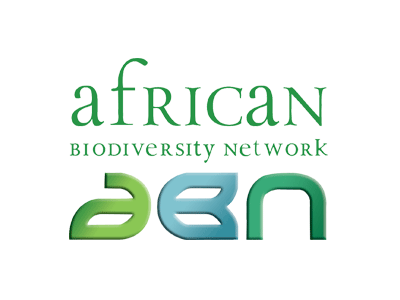The African Biodiversity Network (ABN) is a regional network of organisations seeking African solutions to the ecological and socio-economic challenges that face the continent. The ABN was first conceived in 1996 in response to growing concern in the region over threats to biodiversity in Africa and the need to develop strong African positions and legal instruments at the national, regional and international level. Currently, ABN has 36 partners drawn from 12 African countries: Benin, Botswana, Ethiopia, Ghana, Kenya, Mozambique, South Africa, Tanzania, Togo, Uganda, Zambia and Zimbabwe. ABN strives to nurture a growing network of change agents with committed work at all levels, in the face of injustices and destruction arising from what they see as an unsustainable development model, to enable resilient local communities to govern their lives and livelihoods rooted in their own social, cultural and ecological diversity.
The ABN focus on indigenous knowledge, ecological agriculture and biodiversity related rights, policy and legislation, and pioneer culturally-centred approaches to solutions of social and ecological problems in Africa through sharing experiences, co-developing methodologies and creating what they call a genuine African voice in the countries and the continent on these issues.
Our collaboration: The programme “Strengthening Community Resilience for Improved Livelihoods and Ecosystems Governance in Africa” has a general objective to contribute towards holistic development and sustainability in community and ecosystems resilience, biodiversity protection and equity in Africa. The main areas of work is:
1) Community seed governance for improved livelihood and food sovereignty in the partner organizations and further in the countries and the continent.
2) To strengthen, enhance and promote the revival of inclusive and equitable community ecological governance systems in Africa
3) To support and promote the establishment of a strong youth movement that embraces culture and biodiversity protection across Africa
4) To strengthen and deepen a broad based, active and informed regional network engaged in collective and joint efforts for increased biodiversity conservation, ecosystem resilience and livelihood improvement in Africa.


 Lou Darriet
Lou Darriet